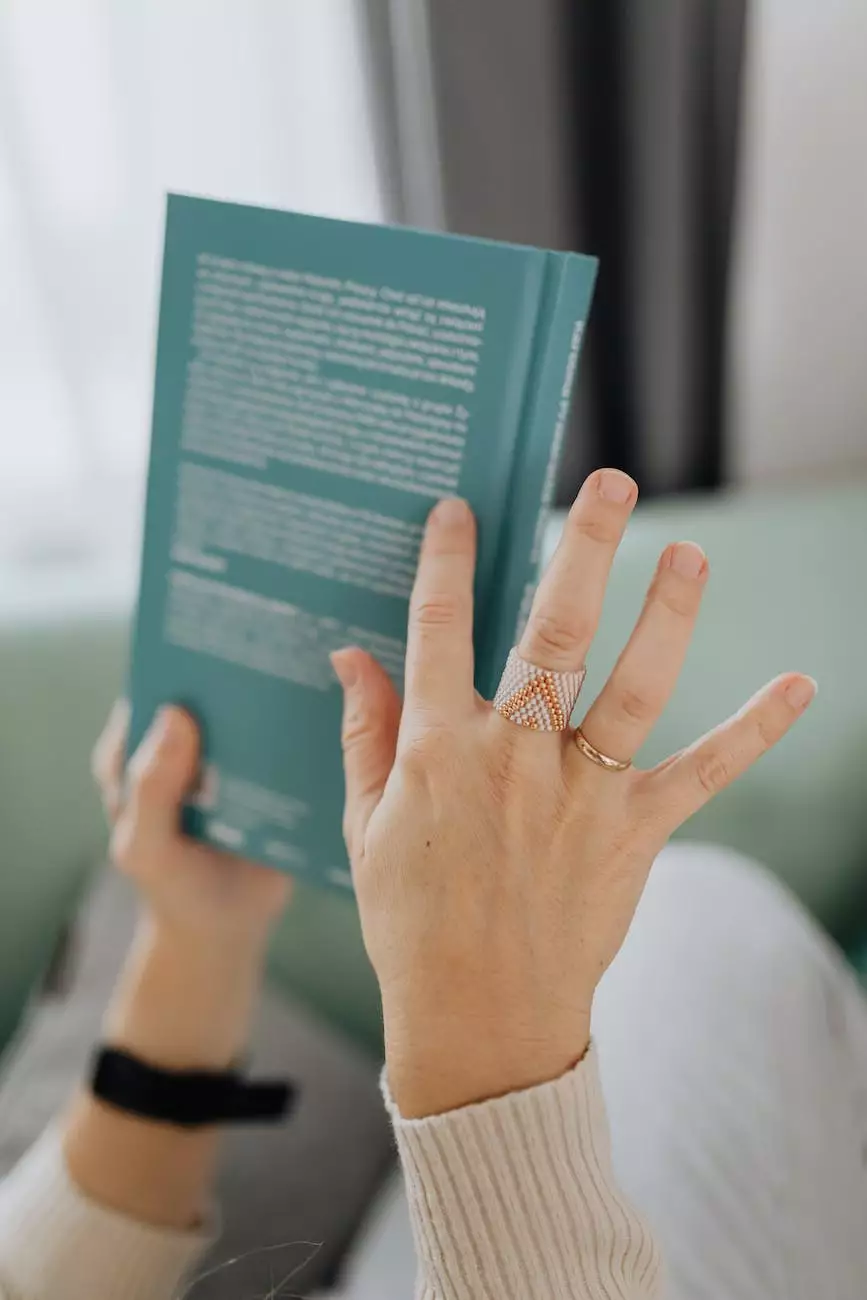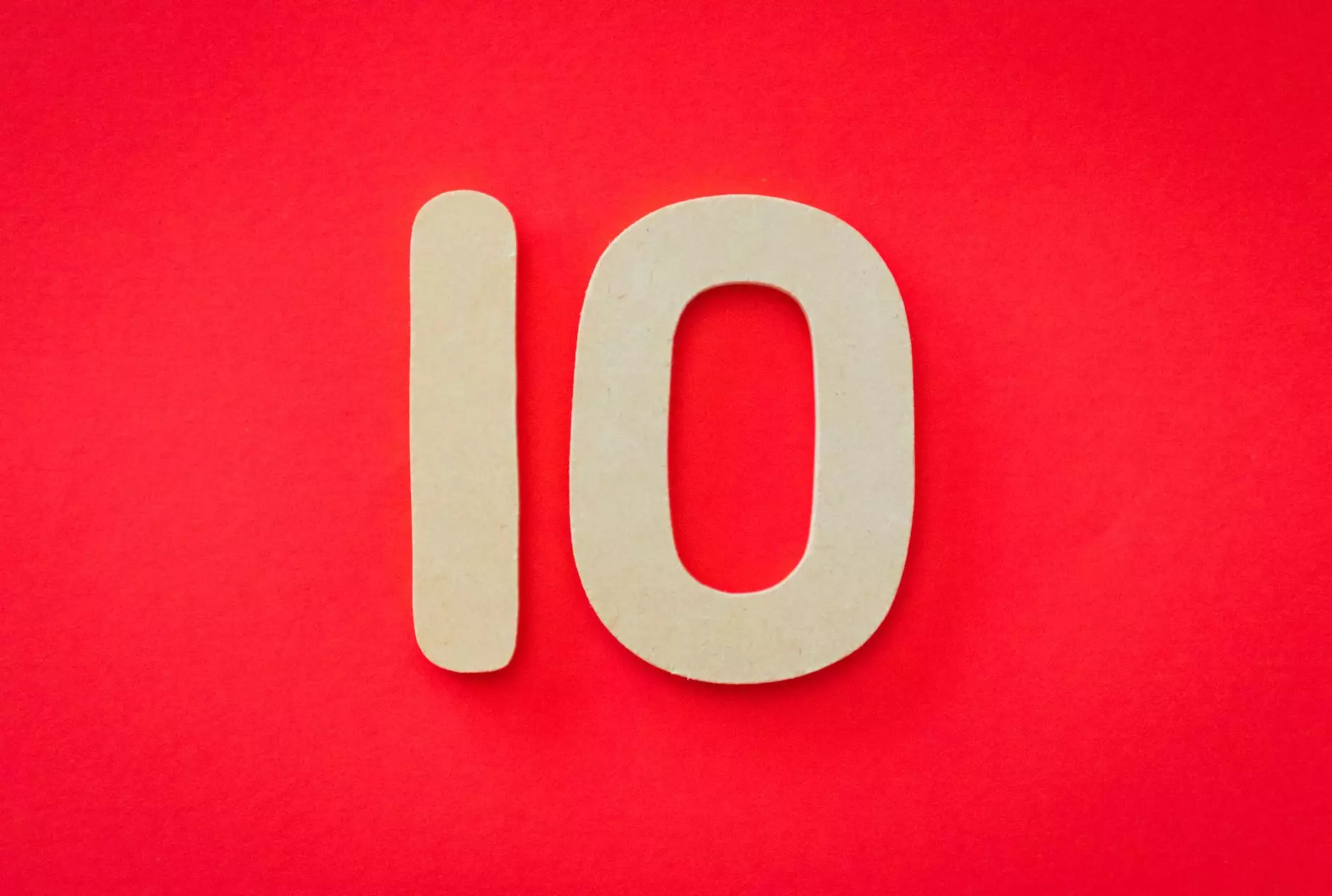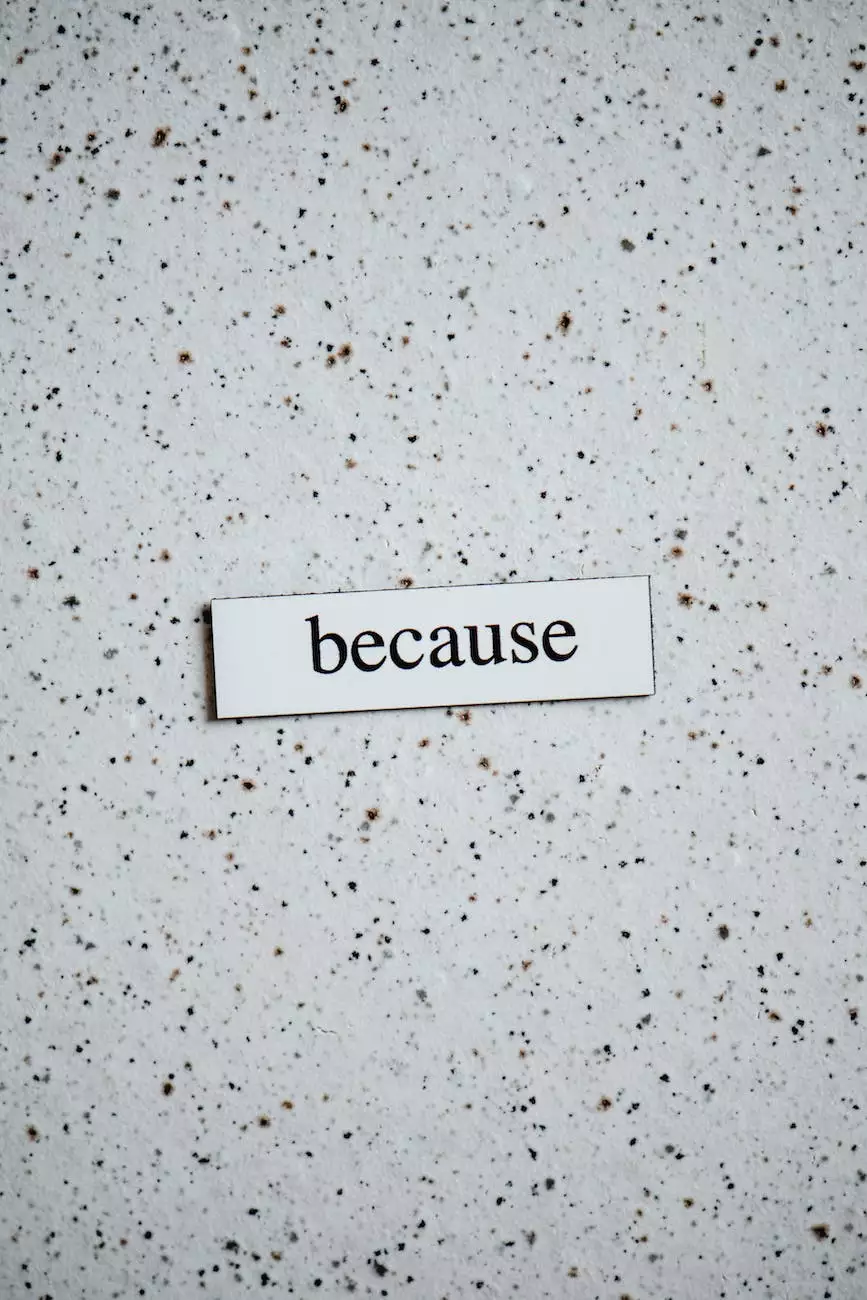Learn English Grammar - WHILE vs. DURING
English Grammar Lessons
Understanding the Difference
In the realm of English grammar, distinguishing between similar words or phrases can be challenging. One such example is the usage of 'while' and 'during'. Both words are frequently used in the English language, but understanding their nuances and correct usage is essential to effectively communicate our ideas. In this comprehensive guide, NJCLT aims to clarify the subtleties between 'while' and 'during', providing you with a solid foundation to further enhance your English language skills.
Defining 'While'
Let's start by exploring the meaning and appropriate usage of 'while'. In English, 'while' serves as a conjunction, indicating a period of time in which an action or event occurs. It often introduces a temporal clause. For example:
While I was studying at the library, I came across an interesting book on philosophy.
In this sentence, 'while' signifies the timeframe during which the action of studying at the library took place. It connects the activity of studying with the occurrence of discovering an intriguing philosophy book.
Unraveling the Mysteries of 'During'
Now, let's unravel the mysteries surrounding the word 'during'. As a preposition, 'during' specifies the time when an event or action takes place. It provides additional context about the time period covered. Consider this example:
During the summer vacation, I plan to visit historical landmarks in Europe.
In this sentence, 'during' denotes the specified time, which is the summer vacation, when the speaker intends to explore historical sites in Europe.
Usage Examples
Using 'While'
'While' can be used in various contexts and largely depends on the intended meaning. Here are a few more examples to illustrate its versatile usage:
- While I was driving to work, I witnessed a spectacular sunrise.
- She continued to study while the storm raged outside.
- I like to listen to my favorite podcast while exercising.
Using 'During'
'During' is typically employed to specify the timeframe or duration of an event, as shown in the following examples:
- I enjoyed an ice cream during my visit to the beach.
- The lights went out during the thunderstorm.
- She received a phone call during the meeting.
Tips for Proper Usage
To enhance your English writing and speaking skills, it's crucial to use 'while' and 'during' appropriately. Here are a few tips to keep in mind:
- Identify whether you need a conjunction or a preposition to convey your intended meaning.
- Use 'while' when referring to simultaneous actions or events.
- Choose 'during' to specify the time or duration of an event or action.
- Avoid using 'while' when referring to extended time periods or general activities.
- Pay attention to established idiomatic expressions to ensure accurate usage.
Conclusion
In conclusion, mastering the subtleties between 'while' and 'during' is crucial for effective and accurate communication in English. Understanding when to use each word appropriately helps create clarity, precision, and coherence in your spoken and written expressions. With the guidance provided by NJCLT, you can confidently navigate the nuances of these two terms, expanding your English language proficiency and expressing yourself in a more articulate and refined manner.










